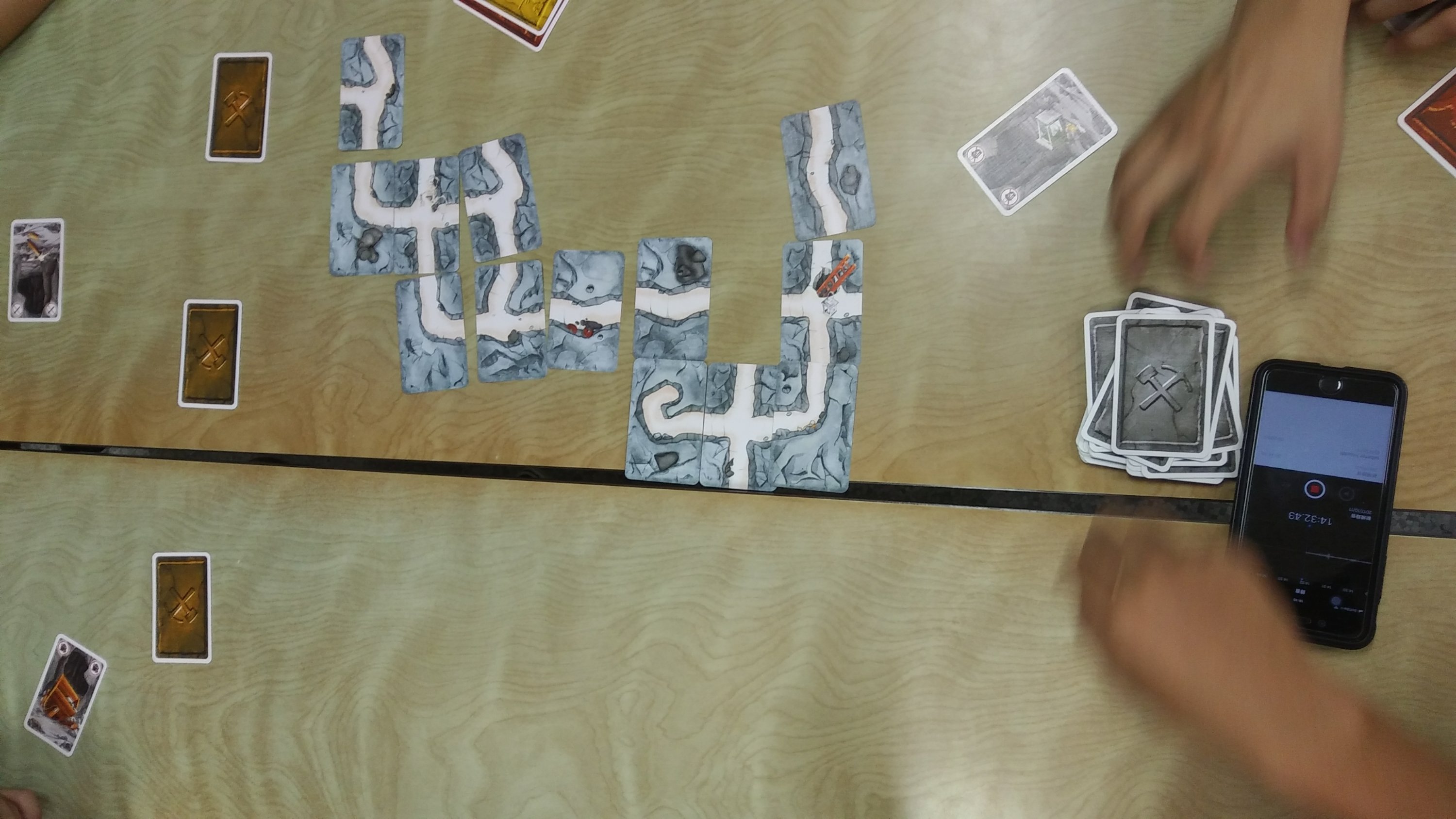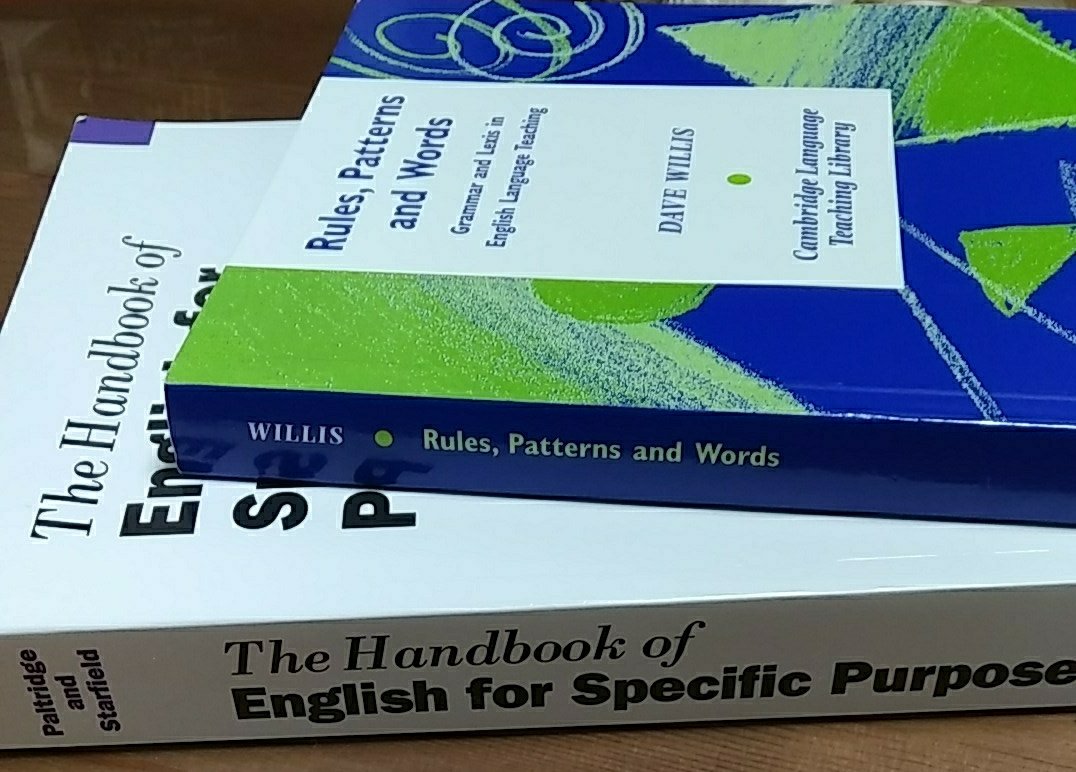
Between the City and the Forest

Freelance Teacher Self Development
For you, then your learners

I have started a new project, which I hope will be as fun (more fun?) and informative as the usual Freelance Teacher Self Development posts and resources. It’s going to run over on my new Patreon page, with other resources to come available, and with FTSD content available earlier than this site because webhosting and children’s shoes are expensive.

Teach Like A Pop Star – The ELT Manual
In 1988, The KLF released a book, The Manual: How to have a number one the easy way. It reduces the way to have a number one hit single to a formula and a series of actions.
ELT can work in exactly this way. People like predictable rhythms and catchy melodies. Your students like that, too. It doesn’t matter about teaching virtuosity or musical virtuosity. Hook them with a hit, they’ll be interested in your other songs, or lessons in our case.
The ELT Manual or How to Teach English like a Pop Star will reduce the variables in lesson planning and preparation for you and give you better reviews in those student surveys.
Become a Patron and get full access to the ELT Manual posts as they become available.
Went to ExcitELT on Sunday. The theme was creativity, which is a horrible word in that it’s so positive and everyone wants to be seen positively or as nurturing/fostering positive attributes. Of the plenaries in the morning, what sticks in the midweek after? We develop skills and use these creatively, according to Stephen Ryan. Chhayankdhar Singh Rathore was saying that we create our relationships with our students. Of the afternoon plenaries, Lina Gordyshevskaya gave an overview of foreign language anxiety, and Drienne Verla Uchida did some stuff about rejigging a set curriculum that was set by administrators. The evening plenary stuff I remember was Russ Mayne and Julia Fearn-Wannan talking about cognitive biases.
The standout feature of ExcitELT for me are the hangout sessions, because they are dialogic. James York did a session on games and/versus gamification and which I learned about some games I want to find and try. Amanda Harper’s session on mixed media was informative. Peter Brereton and Shoko Kita’s hangout was hybrid presentation and hangout on creativity in our jobs, and these themes were touched upon by Julia Fearn-Wannan in her hangout on self-directed professional development, which was a must see given the name of this blog. Anna Bordilovskaya looked at creativity across cultures in the classroom and reinforced for me the impossibility of using creativity as any kind of metric for assessment because it’s so fuzzy and too subjective.
I missed the video plenary because of a mixture of ADHD-assisted ants in my pants and fatigue.
Anyway, glad I went. I kind of wish that some sessions were longer so as to go deeper. I think I should also have taken a rest for a session as well, but with interesting stuff available, the brain wants what the brain wants.
Unlike some of my favourite people on Twitter, I haven’t gone to IATEFL conference in Liverpool. It would have been nice to meet people I know face-to-face, especially colleagues in the SLB co-op. Anyway, this isn’t about that. It’s about Paula Rebolledo Cortés’ plenary on Teacher Empowerment. Loads of people were tweeting about it. I was wondering if it might live up to the hype, which says more about me (horrible, hard to please, cynical) than about her.
In my opinion, as somebody who tends to fixate on side details, I wondered about the tweets which said Ms. Rebolledo was sick of gurus. I guess yes, it was true but it wasn’t the kind of anti-expert stuff that’s sending half the world (at least) to hell. It was about claiming expertise in our own experience and also examining it carefully and reflecting and testing our assumptions. She was championing classroom research, which is very important, even on a personal level but also more widely because we can compare and contrast between classroom experiences and outcomes.
One of the biggest things for me was that Ms. Robelledo seemed quite annoyed by spurious claims of empowerment made by people trying to sell stuff or promote themselves. Yeah, I know, I am blogging, and am part of a Task-Based Language Teaching course but I am not eating foie gras with Bill Gates in Davos. My main job is very much based around my 30-odd contact hours of teaching at universities. Anyway, empowerment happens when development and education are supported and appreciated but teachers feel. disempowered when this development and education is rejected.
So, this is a flashback to the immediate aftermath of my DipTESOL. All this effort and learning and what happened with the language school/agency I worked for? Complaints that I was teaching beyond the materials. What happened at school? I got to change things a bit, through ‘job-crafting’ (Wrzesniewski & Dutton, 2001; Falout & Murphey, 2018), often without permission, if I am totally honest. This is where I think I have to go off on a tangent about being empowered.
You have power, at least some of the time. I mean, obviously there’s a difference between the circumstances of needing to get money to actually provide food and shelter in the short term and the slack that comes with having savings and low unemployment. In my case, I could just quit if I wanted to because I was with five different employers at that time. You might also have the power if it’s more inconvenient for your boss to fire you than to keep you even when you don’t agree with their decisions and undermine them when it’s justified. This sounds unprofessional, and I suppose it is if you see professionalism as sycophantic in support of business and capitalism; however, I see it as highly professional because I was supporting my own expertise and knowledge, and more importantly my students’ learning opportunities.
It’s the connection in my head between this plenary talk and Rage Against The Machine. “We gotta take the power back!” (Rage Against The Machine, 1992). My worry when I heard about this plenary was that it gives the corporate pigs at the ELT industry trough enough of an opportunity to assimilate teacher empowerment into the hegemonic narrative, and turn it into something it isn’t. There could end up being moves made to ’empower’ teachers through student monitoring exercises written into poor coursebooks that don’t address the needs or desires of the people in the room. However, what we could see is the teachers who can afford IATEFL tickets standing up to their bosses and not compromising on principles for the sake of purely financial concerns. Hopefully, this trickles down in stories to other teachers elsewhere and then maybe we might have a chance at getting the profession into the state it deserves to be in.
Falout, J., & Murphey, T. (2018) Teachers Crafting Job Crafting. In Mercer, S. & Kostoulas, A. (Eds.) Language Teacher Psychology. Bristol: Multilingual Matters.
Rage Against The Machine (1992) ‘Take The Power Back” in Rage Against The Machine (Track 3). Sony Music.
Rebolledo Cortés, P. (2019) Teacher Empowerment: Leaving the Twilight Zone. IATEFL 2nd April 2019. Liverpool.
Wrzesniewski, A., & Dutton, J. E. (2001) Crafting a job: Revisioning plus as active crafters of their work. Academy of Management Review 26 (2), 179-201.
I think I’m a pretty busy person as a teacher, in that my teaching load is quite large (for a part timer at three universities, freelancer and co-op member) and I juggle quite a lot on top for continuous professional development. Sometimes it stresses me out – the actual balancing of the things I want to do with the things I should do and the things I absolutely have to do.

I don’t know whether it is pride in my work or not. Probably a sense of reward in knowing that I haven’t messed up, and have helped people learn something faster than Continue reading “How Have I Developed? How Can I Develop?”
One of the hundreds of things that annoys me about language teaching1 is the use of jargon to the exclusion of all else when explaining how something works in a relatively simple way. Sometimes it’s not all that simple, but what could happen if we take the approach of keeping things simple and explaining everything as we go? Perhaps people will stop saying that the alternatives to the status quo in language teaching in general and English language teaching in particular are unworkable.

With this in mind, I decided to write a book about Task-Based Language Teaching (TBLT) to demystify it and make it accessible to ordinary teachers who would like to try it but got put off it by the complexity and the density of the research literature. Then I put it off because my colleague in SLB Co-op, Neil McMillan, told me about his and Geoffrey Jordan’s plan for an online course to make TBLT a bit more viable. He then asked if I wanted to be a part of it. I jumped at the chance.
I’ve wanted to make TBLT less of a messy learning process since I had a messy learning process with it myself during my DipTESOL. It is with hindsight that I realised it really should not have been that way. If I had a mentor to guide me through the contradictory information regarding different task-based models (and there are some different ones, which I’ll look at below), and talk about how to sequence lessons and what the prerequisite work is before you even start teaching, I am sure that my stress levels would have been lower and my students might have had a couple of more straightforward lessons.
Generally speaking there are three main ‘task-based’ approaches.
1. The Nunan (2004) model, which uses tasks but really is just a Present-Practice-Produce lesson done as Produce-Practice-Present because the teacher has preset plans for focus on language items.
1a. The Willis & Willis (2007) model, which does pretty much the same as the Nunan model (in my opinion) but uses a task cycle and greater reflection but still with the focus on language items but advocating more focus on lexis.
2. The Ellis (2003) model, which mixes ‘real-world’ tasks with tasks that exist solely for pedagogy, using what Skehan (1998) calls “structure-oriented tasks” (Skehan, 1998. p. 122-123). Essentially, there will be tasks that are only there to induce use of certain grammar, vocabulary or functions. However, there is more room for Focus on Form (looking at language that learners have shown they need, rather than what the teacher presumes they need).
3. The Long (2014) model. The syllabus is created by needs analysis, and the typical language used to do it is sourced by an “analysis of discourse” (Long, 2014. p.??) Put simply, find out what learners need to do with the language and how it would normally be done. There is no looking at language just to shoehorn a language point into the lesson. Instead, there is only Focus on Form, again focusing on language learners have displayed a need for in their output (bits of speaking or writing that are not quite what would be considered an appropriate way to communicate within the group of people one intends to communicate with) or displayed a lack of understanding of in their input (i.e. bits of reading or listening that have not been understood).
SLB Co-op prefer the Long model, but acknowledge that it can be somewhat difficult for teachers without a university department full of applied linguists supporting them. This is why we are going to look at how we make TBLT workable in the real world.
The course, created by Neil McMillan, Geoffrey Jordan and I with guest contributions from Mike Long and Roger Gilabert, starts next year. To be a part of it you can find out more here.
Ellis, R. (2003) Task-based Language Learning and Teaching. Oxford: OUP.
Long, M. (2014). Second language acquisition and task-based language teaching. John Wiley & Sons.
Nunan, D. (2004) Task-Based Language Teaching. Cambridge: CUP.
Skehan, P. (1998). A Cognitive Approach to Language Learning. Oxford: OUP.
Willis, D. & Willis, J. (2007) Doing Task-Based Teaching. Oxford: OUP.
Have a good summer? I hope so.
I just wanted to get back into the swing of blogging again by writing a list of podcasts for English Language Teachers. Be warned, this skews toward higher education and adult learners a lot.
TEFLology (disclaimer: the podcasters are my friends and I am a junior coworker of one TEFLologist).
We Teach Languages – A wide variety of topics. Really good interviews with regular teachers.
Research in Action – sometimes has pedagogy and productivity-relevant topics.
Teaching Higher Ed – lots of generally good pedagogical advice in the episodes I have listened to.
You will feel very intelligent listening to these because they are very academic but also very accessible.
Lexicon Valley – a bonus here for the use of old Broadway show songs to illustrate linguistic phenomena.

Some of you who know me a bit or have delved in the archives may know that I just finished my MA Applied Linguistics and TESOL (Distance Learning) through University of Portsmouth. Nothing is finalised yet but my work has been marked and in the next couple of months I believe I get a lovely new piece of paper.
Would I do it again? Yes. I loved reading up on stuff I am interested in and then chatting about it. Would my wife let me do it again? Perhaps begrudgingly. There are reasons for her antipathy, none of which are to do with the University of Portsmouth but to do with work-life balance.
My workload (as in paid work) right now is 15 hours university teaching (and does not include planning, preparation or assessment), 16 hours of school teaching, planning, preparation and assessment, and 3 hours thirty minutes of ESP/Business English teaching (not including preparation, planning or assessment). While I was doing my MA, I was teaching 3 to 6 hours less at university but instead teaching 3 hours more Business English, teaching YLs for 7 hours and coordinating YL courses with 2 assigned hours. A colleague told me a couple of weeks ago, “Marc, you should be really proud if you do pass because you have the workload of two full-time lecturers while completing the MA reading and writing.”
I am proud, but I wish I had controlled my work-life balance better, what with having a young son. I also started the MA when I was finishing up the teaching practicum of my Trinity DipTESOL, as well, which was stressful in and of itself. This was not simply unwise but totally stupid and irresponsible. I did all of it by sacrificing family life, mainly by burning the candle at both ends.
Why did I do it, then? I am not a pretty paper collector. I am stuck in a situation where I need money and it needs to go up quite often seeing as I have basically no pension, not really enough savings, and there are social norms in Japan about extra-curricular stuff that costs the kind of kind of money I will probably start to balk at come April. I can talk about the inherent edification of completing work above my comfort zone, and it is a huge factor in what got me through. Learning stuff is fun, kind of. However, I have to at least be a bit utilitarian. MA is basically the new BA. Perhaps I even understate it.
I also work for four different employers, plus myself. I am tired of this. I would love a full-time job that pays a similar amount to my current earnings, after taking into account the social insurance differences and such. Unfortunately, there’s a bit less job security there unless I were to chance upon a tenured position immediately. This is as likely as discovering a magic lamp at the bottom of my bag. However, an MA makes the probability of this at least a sporting chance. It also means that I can move countries if I absolutely have to. It also means that I can advertise my services as that of an expert rather than as a journeyman, and get more money for them. Alternatively, it means I can find better paying part-time work.
Anyhow, studies are finished, kind of. I just have to wait. My dissertation supervisor said in an email, “you should follow up on this research.”
“Hey, let’s move to New Zealand! I’ll do a PhD!” I said, in the mania of knowing I passed everything as opposed to the gnawing fear that I had failed. Also, I am a workaholic, which is definitely not a good thing but a side effect of impulsive decision making.
“Do they have good trains?” my son asked.
“Eh?” asked my wife, with the stoniest stare since Medusa. “No.”
So, not quite that. Instead, I am doing stuff, sort of a long-term research project come side business thing that I hope to use as a PhD by publication in the next few years, to increase the chance of finding a permanent, well-paid, full-time job (don’t laugh, PhD holders; I did say ‘chance’) . Luckily I have good library access with my jobs.
In the meantime, I am trying to find time to transform my dissertation into a research article and figure out how to get my jobs to let me use students as research subjects or else find time to get volunteers for research. Or get the time to try finding a magic lamp.

This is a post that has been fermenting for a while, a lot of it coloured by long-term experience, but much of it much shorter term. The stimulus for getting it out was this great post about teacher beliefs by Mike Griffin.
Teaching EFL can be a weird thing. We look at our classes and wonder about how to make our classes better and reminisce about our students who did something notable. It’s all rather insular. To develop, often we need to see outside, if only to see the inside again but from a different perspective.
Some people don’t want to see the outside, though. Comfort zones are difficult to push through. Unfortunately for me, in one of my teaching situations, my work depends upon somebody who needs to be forcibly removed from their comfort zone.
Harsh, Marc.
Remember this blog started as a mission to make my little freelance corner of TEFL a bit more conducive to being better. Making myself better. I suppose I am lucky in that most people I work with share this orientation. Unfortunately, the one person who doesn’t has a knock-on effect on my work.
I have observed. I have been observed and team-taught. I have supplied a file full of materials and an unwanted copy of The Practice of Teaching English. Yet things have not changed.
We have a grammar syllabus with carrier topics, which I fudge by choosing ‘structure trapping’ tasks (Skehan, 1998). I wouldn’t care if my partner teacher taught PPP, Test-teach-test or even Suggestopaedia. Instead there is a 20-minute warm-up about something strange and unrelated to the topic or grammar of the lesson. It’s highly teacher focused. When the part of the lesson comes to deal with the topic/grammar it basically involves students taking notes in Japanese and resulting in poor output all round. I shall make the point that our remit is speaking and writing, but mainly the former, and all English. There is no effective monitoring of students or elicitation of correct output after error treatment. There is no rationale behind the chaos, just a smile and knowing that this has always seen them through every lesson.
When challenged, my partner gets defensive. “I’m a great teacher!”, “I’m a good person.”, and “The students like me.” have all been used to defend their position.
Myself and another colleague have attempted to engage them in conversation about teaching and learning but this has been shot down. I don’t know if the problematic colleague has any beliefs beyond ‘Students must be motivated’. I would agree to an extent, but how they are motivated by chaotic lessons unrelated to their tests or ordinary situations puzzles me.
I know that teachers have to want to develop but what about if they have to develop but just don’t want to? Help has never been requested, though offered several times. Lesson plans and materials supplied have been ignored in favour of “Which Disney princess should I fight?” and “Do I look more like a cat or a dog?” where ‘I’ is the problematic colleague.
Should I attempt to talk about teaching beliefs and philosophy? I have no idea. I only know I’ve done almost all I can.
References
Skehan, P. (1998). Task-Based Instruction. Annual Review of Applied Linguistics, 18, 268-286. doi:10.1017/S0267190500003585